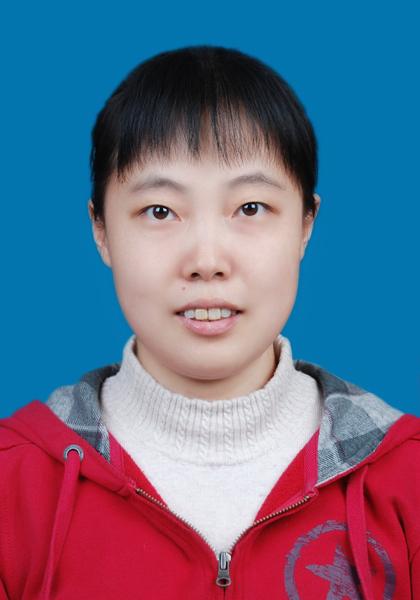Study on the characteristics of flow field affected by obstacle with push-pull ventilation
Release time:2024-10-22
Hits:
- Affiliation of Author(s):
- 建筑设备科学与工程学院
- Journal:
- Lecture Notes in Electrical Engineering
- Key Words:
- 中文关键字:吹吸式通风;障碍物;发烟实验;动力学特性,英文关键字:Push–pull ventilation;Uniform velocity;Obstacle;Sm
- Abstract:
- Push–pull ventilation system has an advantage over local ventilation system in being more applicable to large working areas. In the ventilated room, there are always varieties of obstacles, such as operator, work piece, and work table. The presence of the obstacles can disrupt the predicted airflow or change its predicted direction. The uniform flow of push–pull ventilation system has advantages over common push–pull ventilation system. The air originated from push hood moves toward the pull hood keeping the same velocity as well as the same air vector. Then, invisible air layers are formed in the midst of the open air. The air flow velocity is very low as 0.2–1.0 m/s, while the recommend air flow velocity of ACGIH is greater than 5 m/s, and with such a very low velocity, the operators cannot feel it even in the center of air flow. In addition, the uniform flow of a push–pull ventilation system has a character that it is not easy to be disturbed relative to the common push–pull ventilation system. In this study, smoke visualization was used in preliminary studies to observe the effects of a uniform flow velocity and the presence of an obstacle in the ventilation zone. On the basis of the results, the positions of the obstacle were selected to test by experimental measurements. From the experiment, conclusions were obtained as follows. The uniform push–pull ventilation has high capture efficiency even under the low velocity. Its law is different from the general push–pull ventilation, that is, in the region of jet, the velocity reduced slowly. And the uniform push–pull ventilation has a character of flow recovery that means the air flow can detour the obstacle in its path and the flow field can return into the original shape.
- Note:
- 王怡
- Co-author:
- 郑凯
- First Author:
- mengxiaojing,王怡[重名-待确认],zhouyu
- Indexed by:
- Journal paper
- Volume:
- 卷:261
- Issue:
- 期:
- Page Number:
- 页:167-174
- Translation or Not:
- no
- Date of Publication:
- 2014-12-01





